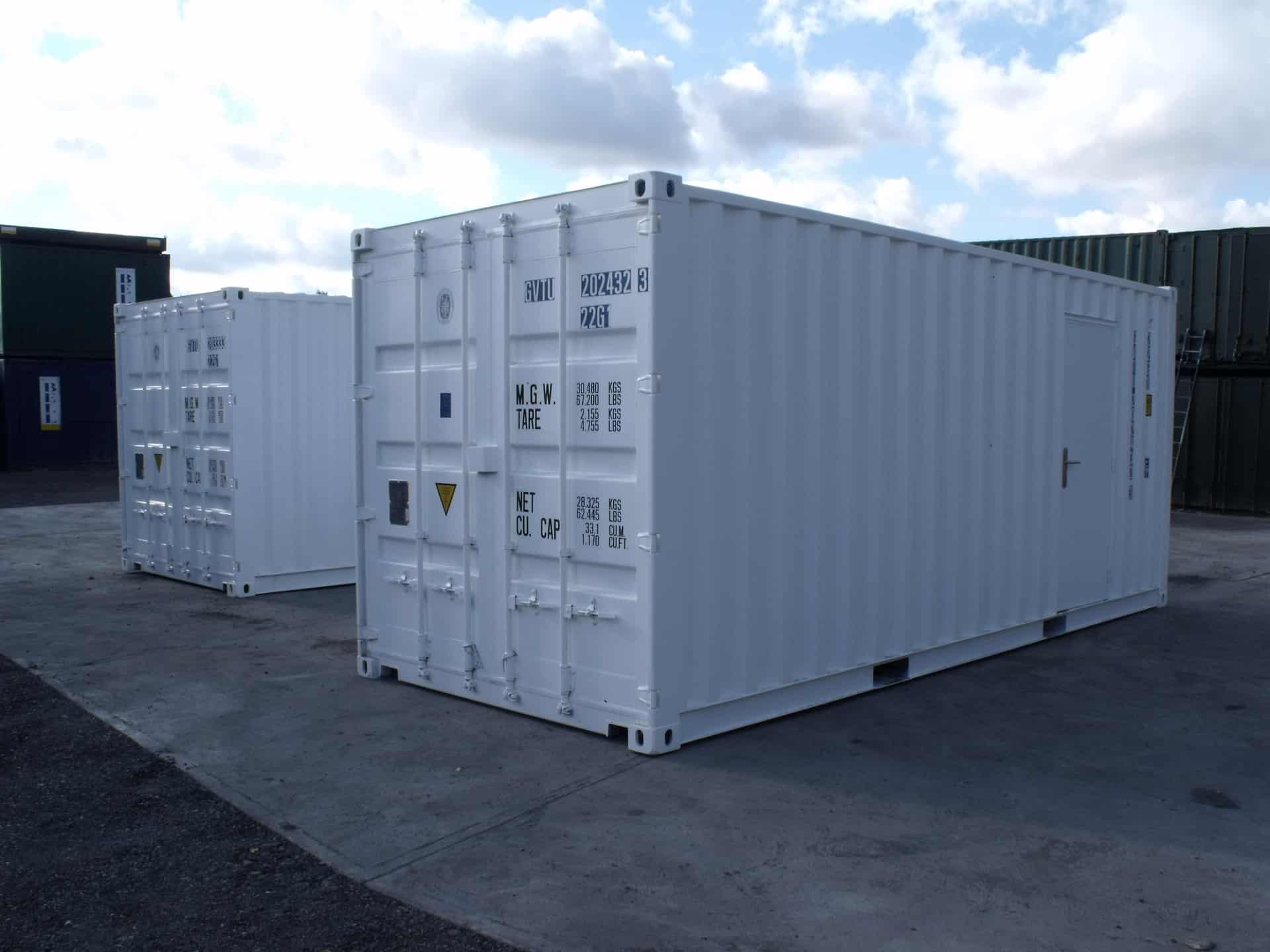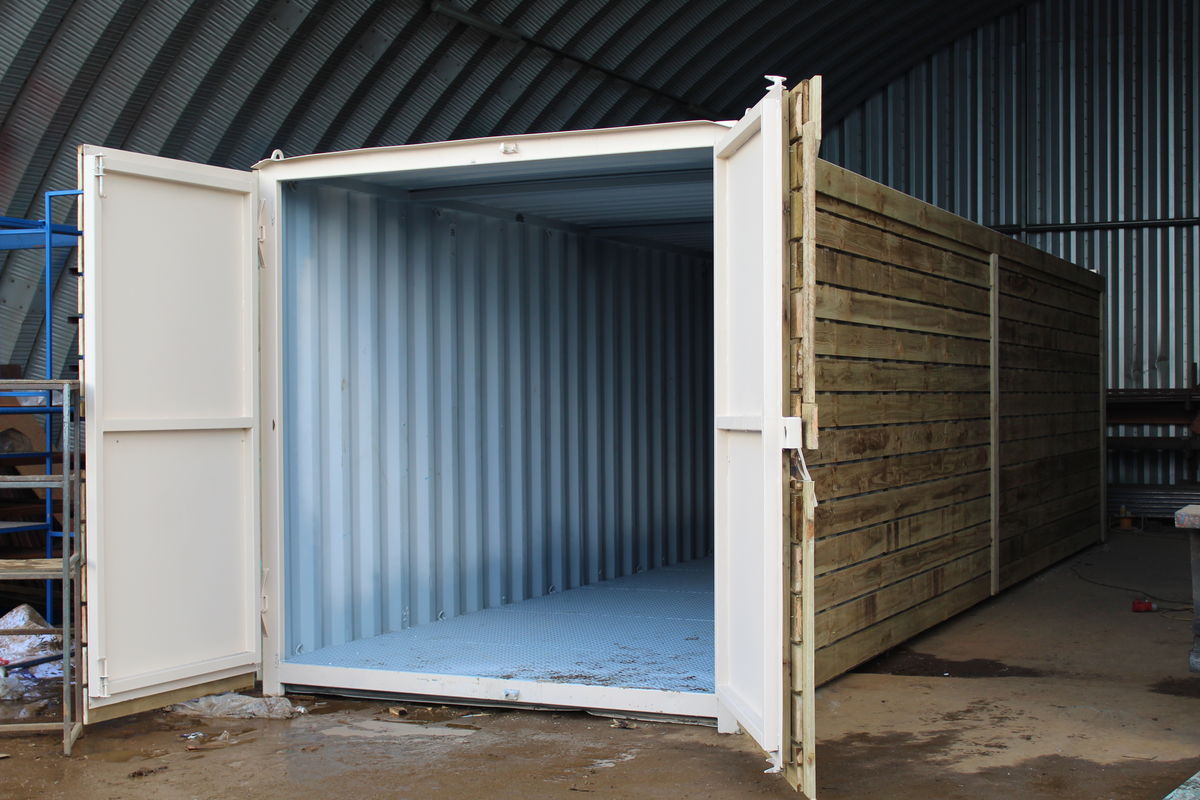
It's located in Bronzeville, a South Side neighborhood. "Commerce is the key to rebuilding a community," Martin said. Geoffrey Baer visits Boxville, a market where entrepreneurs have set up shop in shipping containers. We're in the middle there to encourage them, to give them a platform for the business to be set-up for success," said Alexander Martin, director of Boxville.Įventually, Martin and Loyd hope to launch Boxville 2.0, which could include 100 total businesses and four stories of shipping crates. "We're in the middle of landlord-tenant and partnership. They'll be welcoming even more small business owners by the end of the year.įrom bike repairs to haircuts, groceries to tacos and hot dogs, running gear to spiritual guidance, you can shop for anything at Chicago's shipping container incubator.īoxville is only one of five initiatives that are part of Build Bronzeville, a nonprofit dedicated to providing community resources, business support, and civic engagement to the South Side. In the past year, the incubator grew from hosting 4 businesses to now hosting 9. boxvillechi Follow 398 posts 6,044 followers 237 following Boxville - 51st Street Shopping & retail The NEW Boxville Shipping Container - Food & Retail Marketplace. "Boxville has doubled every year (since 2016)," said Loyd. Creative sausage upstart the Hot Dog Box debuted last summer inside a 400-square-foot shipping container in Bronzeville’s Boxville marketplace, and quickly accrued a passionate fanbase with. you can shop for anything at Chicago's shipping container incubator: Boxville.ĬHICAGO - When Bernard Loyd founded Boxville on a collection of vacant lots on Chicago's South Side several years ago, he had no idea it would become a community hub for the Bronzeville neighborhood and one of the city's fastest growing business incubators. It centralizes focus at the CTA Green Line station, in order to quickly define place and concentrate a critical mass of change with strong connection from within and outside the neighborhood.Bike repairs, haircuts, groceries, tacos, hot dogs, running gear, tea, spiritual guidance. Our team’s plan for the 51st Street corridor provides a framework to help dismantle systemic privilege and access to resources while giving the community room to grow the best way it knows how: through action. Meanwhile, the Community Garden thrives on the hard work of its many volunteers. Jazz Fest builds on Bronzeville’s heritage as the Black Metropolis and offers yearly entertainment and gathering. Red Apple Food & Liquor plans to be a more connected marketplace in the community. Boxville is Chicagos first shipping container marketplace that uses. Welcome to Boxville: Chicagos first business incubator built out of shipping containers - ABC7 New York localish Welcome to Boxville: Chicagos first business incubator built out of.

The Bronzeville Cookin’ facility aims to share the food of the African Diaspora while developing new businesses through the Bronzeville Incubator. Backcountry Containers builds custom shipping container homes out of a combination. They moved into a 40-foot container in June 2019.

The Boxville market, made of shipping containers, hosts weekly summer events with burgeoning entrepreneurs. 2 hours ago &0183 &32 Five years ago, after an opportunity opened up in Boxville, Frazier, Jamison and artist Eddie White began selling prints out of a shipping container. It’s on a path toward the future with or without the same public investment given to other neighborhoods.Ĭommunity-organized action has had profound effect to the corridor already.

This is a community of action and organization. They live quiet and happy lives with their everyday routines and habits. Located on the border between Washington Park and Bronzeville, the east 51st Street corridor has a heritage rooted in Black entrepreneurship and excellence. Boxville is Chicagos first shipping container marketplace that uses modified shipping containers for commerce in place of traditional brick and mortar spaces. Boxville is a city of boxes populated with old cans.

Our team focused on the 51st Street community. Teams were asked to focus on actionable strategies, rooted in real-world business models focusing on property ownership, energy and modernization efforts, improvements and redevelopment strategies, streetscape and placemaking, infrastructure upgrades and vacancy issues. The CCAC was specifically focused on five key corridors within Chicago’s south and west sides, which were chosen by local community and business representatives with research by World Business Chicago (WBC). That was the question the Chicago Central Area Committee (CCAC) asked teams of architects, urban designers, real estate brokers, lawyers, advisors and analysts as part of its Corridor Revitalization Initiative.


 0 kommentar(er)
0 kommentar(er)
